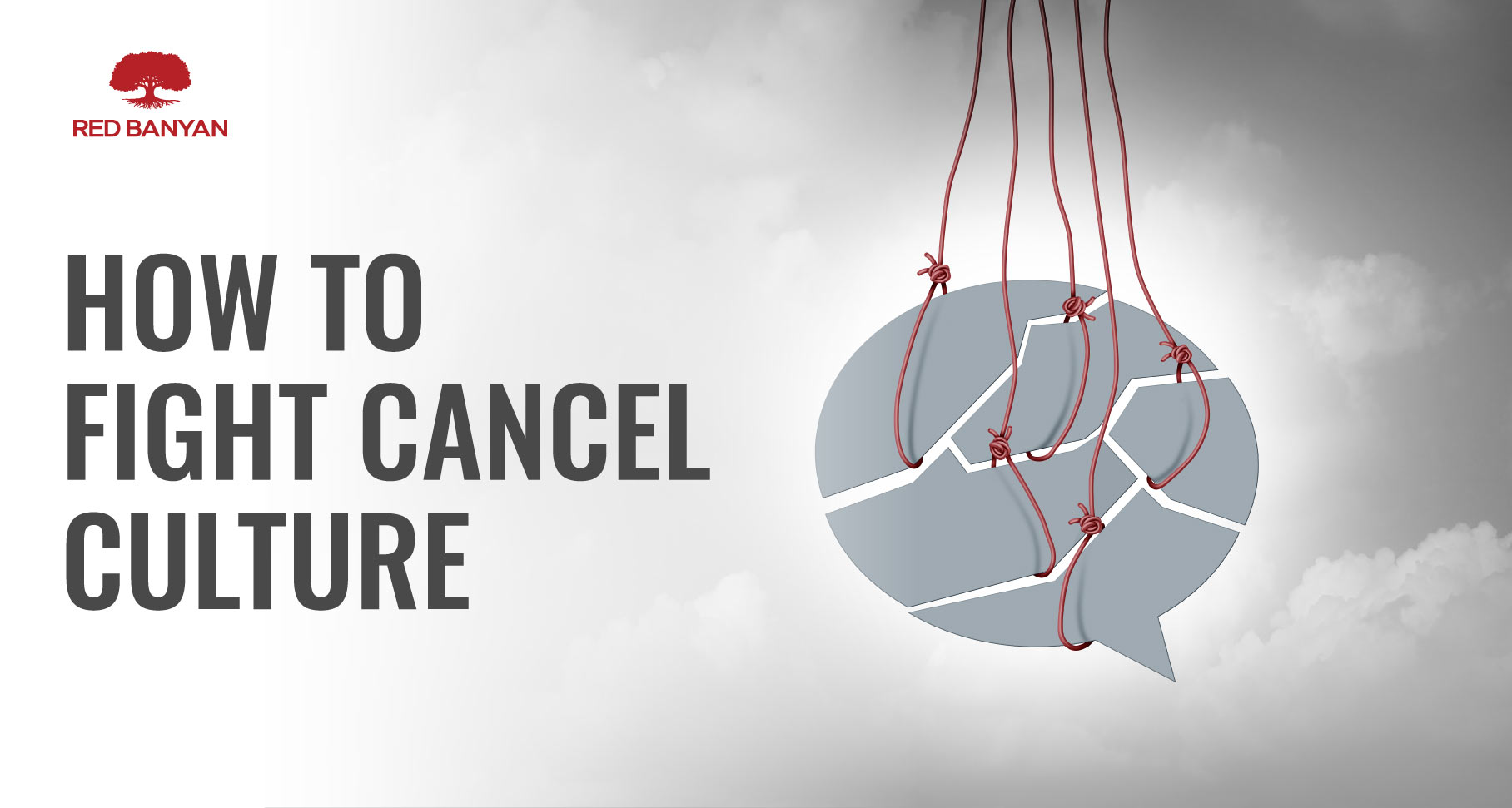How to Fight Cancel Culture
April 4, 2023 | Category: Blog, Cancel Culture, Crisis PR, Media Relations, News

People who go against the flow and voice opposing views may very well find themselves the target of cancel culture. It’s an ugly phenomenon aimed at silencing those who voice opposing views through online attacks.
Knowing what to do if it happens to you can mean the difference between success and failure.
The anonymity of the internet has made it easy for cancel vultures to vilify their targets because their negative claims can be shared over and over, even if they are false. Cancel culture is a practice characterized by ostracizing, shunning or boycotting that is fueled by online mobs.
Currently, no hard data exist to reveal the typical profile of a person who chooses to target others in activist assaults. And this is what makes cancel culture so potent. You never know who is behind that Twitter handle, posted comment, or Reddit thread. The Internet demands neither accountability nor transparency.
And that is where the real trouble originates.
Definition of Cancel Culture Attack
Someone says something that offends someone or does something that offends someone, and a call goes out online to rally the troops against the purported offender. The makings of an online attack begin to fall in to place as members of an online mob begin to congregate over a cause.
No matter if the accusations that are leveled are misleading or false. The uncensored nature of the internet allows for unfounded claims, half-truths or exaggerations to be shared over and over until people believe the claims are true simply because they read them online.
The target of the online mob may have no clue his or her character is being maligned and may be blindsided by the attack, which can come fast and furious.
Figuring out how to respond, if at all, is one of the biggest challenges associated with an online mob attack. If you made some sort of mistake, do you issue an apology, or will that make the situation worse? Or is the online brouhaha a reaction to an opinion you voiced, or an unpopular perspective?
Anonymity is one of the biggest challenges in addressing cancel culture.
Elements of an Online Attack
People are not obligated to reveal themselves online. Much of the time, people online are playing a role, donning masks, disguising themselves, and hiding behind obscured identities. People who participate in cancel culture attacks can include anyone who has access to the web. This could include children, teenagers, young adults, and adults. Essentially anyone from eight to eighty or beyond.
What’s more, participating in a cancel culture attack often results in no negative consequences for the cancel vultures who make them possible.
After all, if you play a role in taking someone down, then most people are unlikely to be aware that you have done so unless you choose to brag about it online. Proxy servers, hidden ISP addresses, and made-up usernames enable people to go online and savage someone’s reputation or target them with heinous messages or threats and never get caught.
Cancel “vultures” try to shock, intimidate, and instill horror and fear in their victims. Their words are wielded as menacing weapons.
Disturbing messages are disseminated through a variety of media, including text messages and phone calls. They may show up in voicemails at home or their places of business, and in emails to their victim’s personal and work email accounts, as well as the general inboxes of their employers.
Sometimes the attacks including damaging statements that are posted in the comments sections of mainstream press and more fringe outlets. They occur in discussion boards, online social media threads, and virtual rooms and meetups where strangers congregate to share their perspectives in the public square.
Many cancel vultures never pause for a moment to consider the harm they are causing. If they took the time to learn the facts or had the opportunity to speak with the objects of their derision or to learn more about the context surrounding controversial events, then perhaps they would pause before participating.
Cancel Culture Threatens Free Speech
What many do not realize about cancel culture – unless they find themselves a target – is that liberty fundamentally comes under assault when cancel culture attacks are pursued.
Cancel culture is essentially an attack on an individual’s First Amendment rights. The right to free speech – free expression – is a foundational element of our democracy. Cancel culture curtails that right through online bullying, fear and a kind of vigilante justice.
If you are the victim of an online attack and need help, contact Red Banyan’s cancel culture experts for guidance and advice. Our team of crisis communications professionals have years of experience handling cancel culture cases and will help you address the problem, so you get the results you desire.
- What is a cancel vulture?
Someone who participate in a cancel culture attack.
2. Why is the internet so conducive to cancel culture attacks?
The anonymity of the Internet makes it possible for cancel vultures to strike with impunity.
3. How do cancel vultures survive?
Cancel vultures sustain themselves by picking apart the remains of others.

